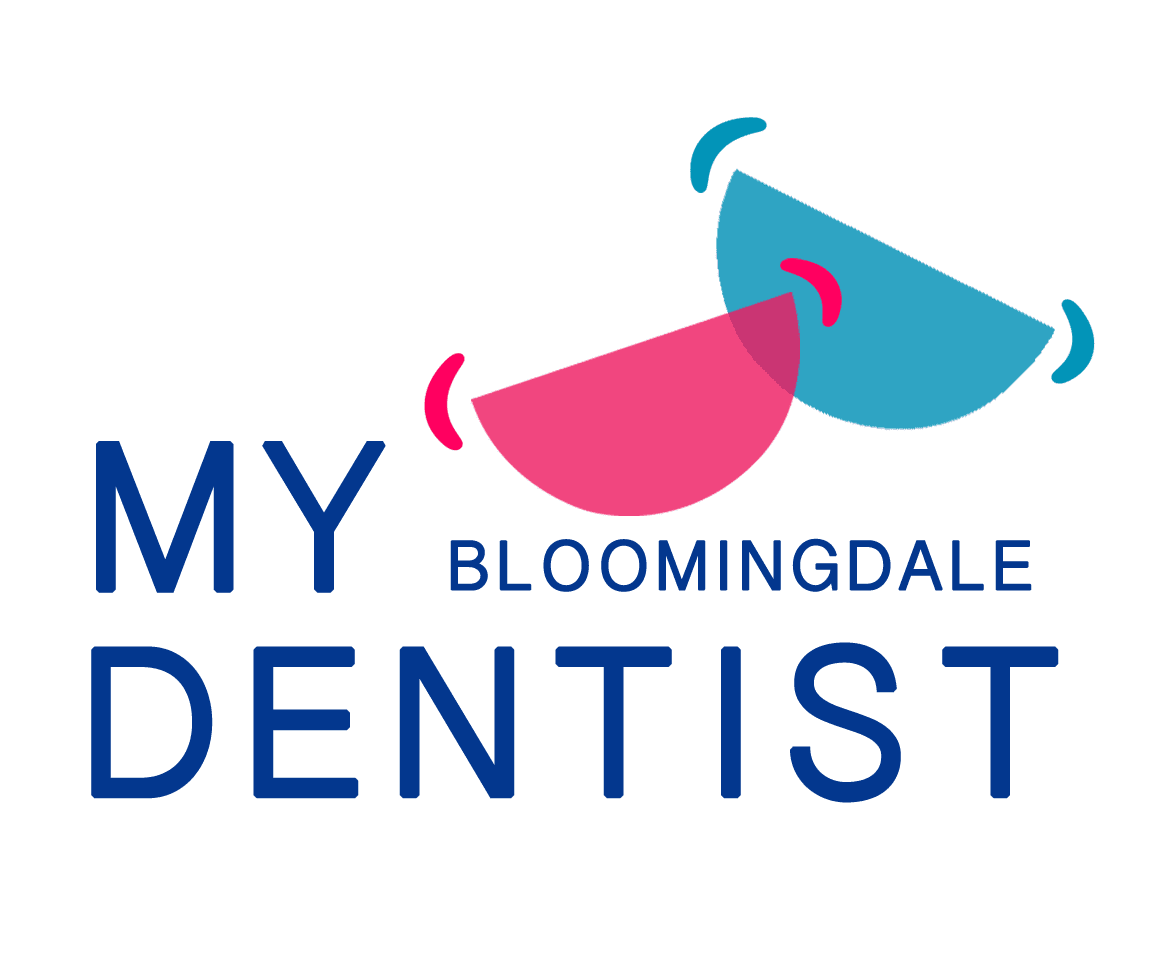
Nourishing Your Smile: How Diet Impacts Oral Health

A balanced diet isn't just essential for overall health; it plays a pivotal role in maintaining a radiant smile. Your dietary choices significantly influence your oral health, helping prevent tooth decay and gum disease while ensuring your mouth, teeth, and gums stay robust and functional.
The Importance of a Healthy Diet
To maintain optimal oral health, follow the guidelines provided by choosemyplate.gov, a trusted resource from the Center for Nutrition Policy and Promotion:
- Fruits and Vegetables: These should occupy half of your plate during meals.
- Grains: Opt for whole grains, which should make up at least half of your grain consumption.
- Dairy: Choose low-fat or fat-free dairy products.
- Protein: Make lean protein choices to support overall health.
Dietary Choices and Tooth Decay
The American Dental Association emphasizes that your food and beverage choices can directly impact the occurrence and progression of cavities. Several factors contribute to this, including:
- Food Form: Whether the food is liquid, solid, sticky, or slow to dissolve.
- Eating Frequency: How often you consume sugary and acidic foods and beverages.
- Food Combinations: The order and combinations of foods you consume.
- Medical Conditions: Conditions like acid reflux or eating disorders can increase cavity risk and weaken teeth.
Limiting Sugar Intake
Bacteria in your mouth thrive on sugars from food, releasing acids that lead to tooth decay. Sugary and snack foods, in particular, are concerning due to their high sugar content and lack of nutritional value. Sugary drinks like soda and sweetened beverages pose an additional threat because frequent sipping creates a sugary environment around teeth, promoting decay.
Foods That Promote Dental Health
Certain foods rich in calcium and essential nutrients support tooth health:
- Calcium Sources: Incorporate cheese, milk, yogurt, leafy greens, and almonds into your diet. These foods help protect and rebuild tooth enamel.
- Phosphorous: Seek protein-rich foods such as meat, poultry, fish, and eggs to boost phosphorous intake, essential for enamel preservation.
- Fruits and Vegetables: These high-water, high-fiber options stimulate saliva production, rinsing away harmful acids and food particles. Many also contain Vitamin C for gum health and wound healing, as well as Vitamin D for enamel strength.
Visit My Bloomingdale Dentist for Expert Oral Care
At My Bloomingdale Dentist, we are dedicated to ensuring your oral health and maintaining your beautiful smile. Led by Dr. Henry Kim, DMD, our practice is located at:
Address: 183 S . Bloomingdale Rd, Suite 102 Bloomingdale, IL 60108
For more information or to schedule an appointment, please visit our website at www.mybloomingdaledentist.com or call our office at 224-520-8665 .
60108 - Dentist in Bloomingdale
#OralHealth #DentalHealth #DietAndOralHealth #HealthyDiet #BalancedDiet #OralHygiene #NutritionForTeeth #PreventToothDecay #GumHealth #OralHygieneTips #ChooseMyPlate #HealthyEating #WholeGrains #LowFatDairy #LeanProtein #SugarIntake #ToothDecayPrevention #SugaryFoods #NutritionalValue #CalciumSources #PhosphorousRichFoods #FruitsAndVegetables #SalivaProduction #VitaminC #VitaminD #ToothEnamel #GumHealth #OralWellness #DentalCare #OralCare #HealthySmile #DentalAdvice #BloomingdaleIL #DrHenryKimDMD #MyBloomingdaleDentist #DentistInBloomingdale #60108Dentist
How Can We Help You Today?
Our team of experts is awaiting your contact. Please send us a message, and we will reply as soon as possible.
My Bloomingdale Dentist - Dr. Henry Kim DMD - Bloomingdale, IL 60108
No mobile information will be shared with third parties for marketing or promotional purposes. All the above categories exclude text messaging originator opt-in data consent; this information will not be shared with any third parties.
Get in Touch
Give us a call
(224) 520-8665Send us an email
[email protected]Other website
bloomingdaledentalcenter.com/
